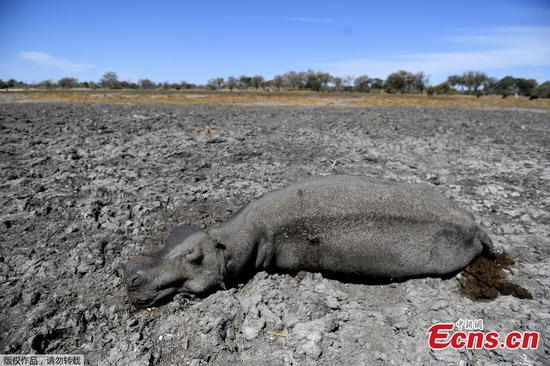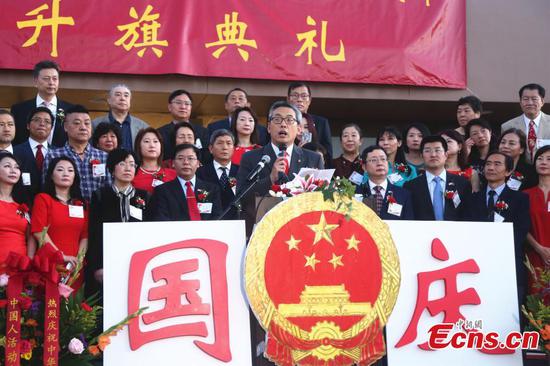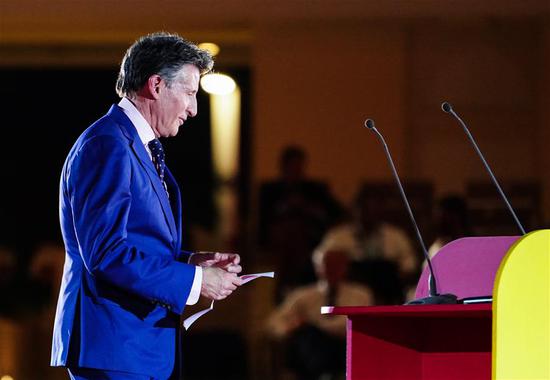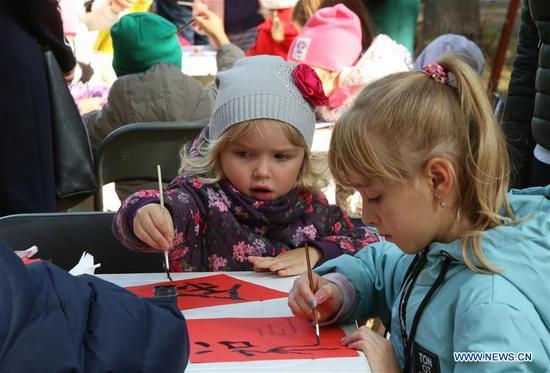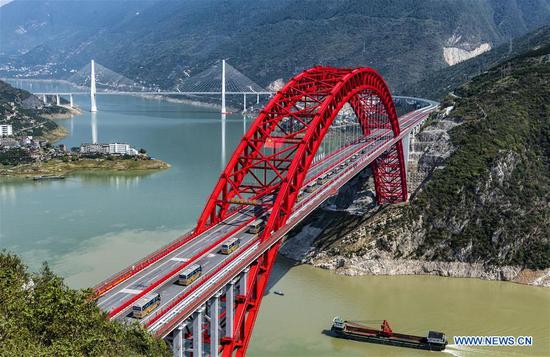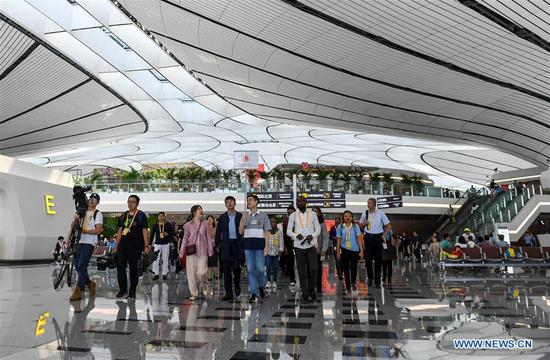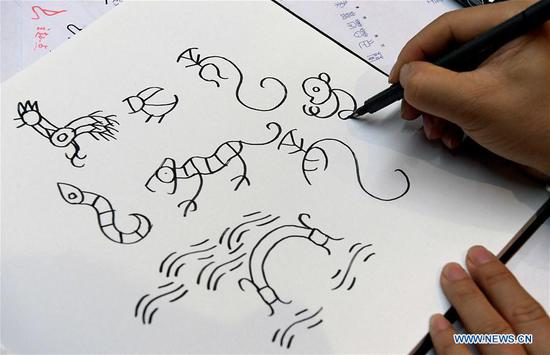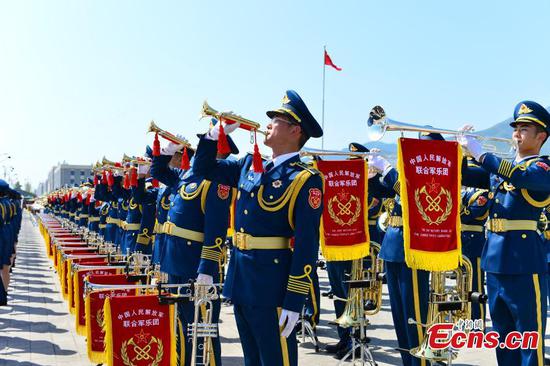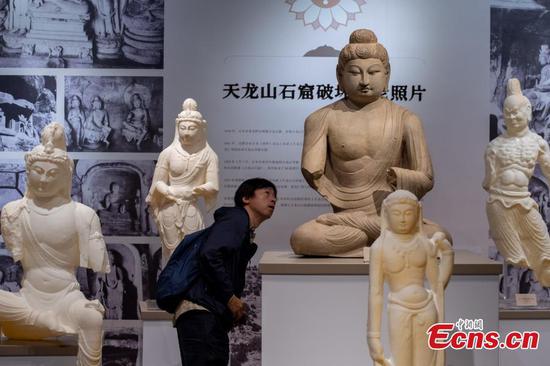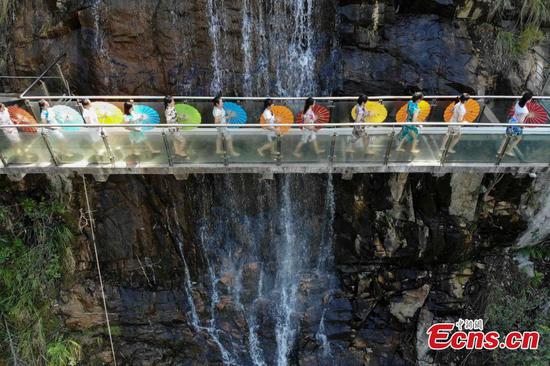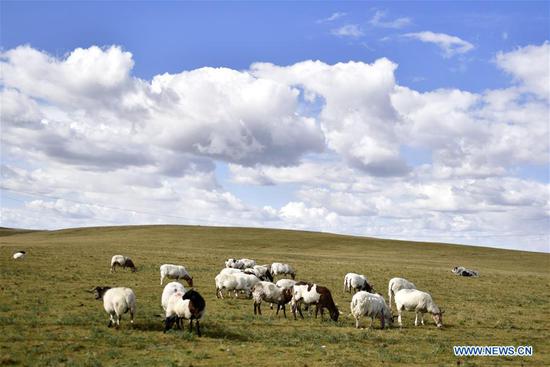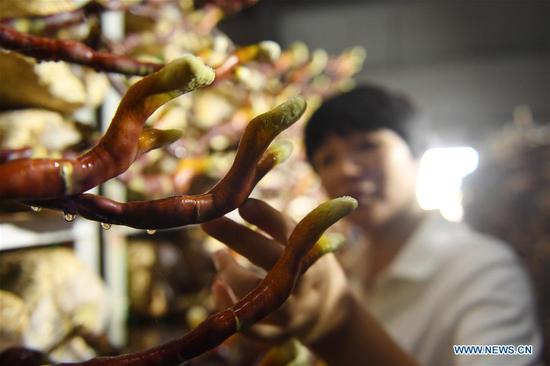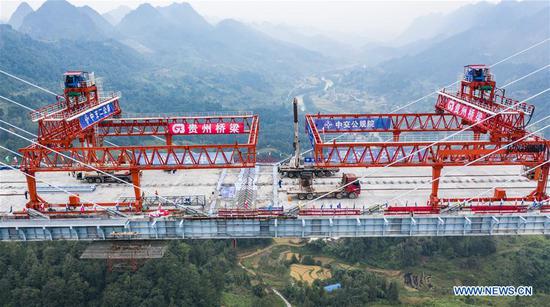Despite significant improvements in air quality, China still faces a grim situation in air pollution control because of high emissions, the head of the country's top environmental watchdog said.
The 74 major Chinese cities that adopted a new air monitoring standard in 2013 saw their average concentration of PM2.5-tiny particulate matter that is a health hazard-drop by 41.7 percent over the past six years, Li Ganjie, minister of ecology and environment, said at a news conference on Sunday.
The average density of sulfur dioxide in cities above prefecture-level across the country declined from 35 micrograms per cubic meter to 14 mcg per cu m last year, down by 60 percent, he said.
The fast improvement is unusual, compared with other countries. "It's hard to find a precedent in the international community," he noted.
The marked improvement came through continuous efforts made by the central government. While establishing regional coordination procedures for air pollution control and enhancing law enforcement, the government has also been beefing up the transformation of industry, transportation, energy and land use structures, he said.
China has managed to achieve extra-low emissions for 80 percent of its coal-fired power. The proportion of non-fossil-fuel energy in primary energy consumption increased to 14.3 percent last year, he said.
Air quality, however, is still sensitive to changing meteorological conditions because polluting emissions remain high, he said.
Li said such conditions affect air quality, making it 10 percent better or worse, if pollutant discharge remains unchanged. In some months, the effect could be up to 30 percent in certain cities annually, he said.
The improvement made shows that China has been on the right track for air pollution control, but "the situation remains really not that optimistic" and "even grim".The air quality still depends on meteorological conditions, he said.
Li stressed that the ministry has the determination and confidence to win its campaign to protect blue skies. "If the meteorological conditions don't help, we will make even greater efforts," he said.












